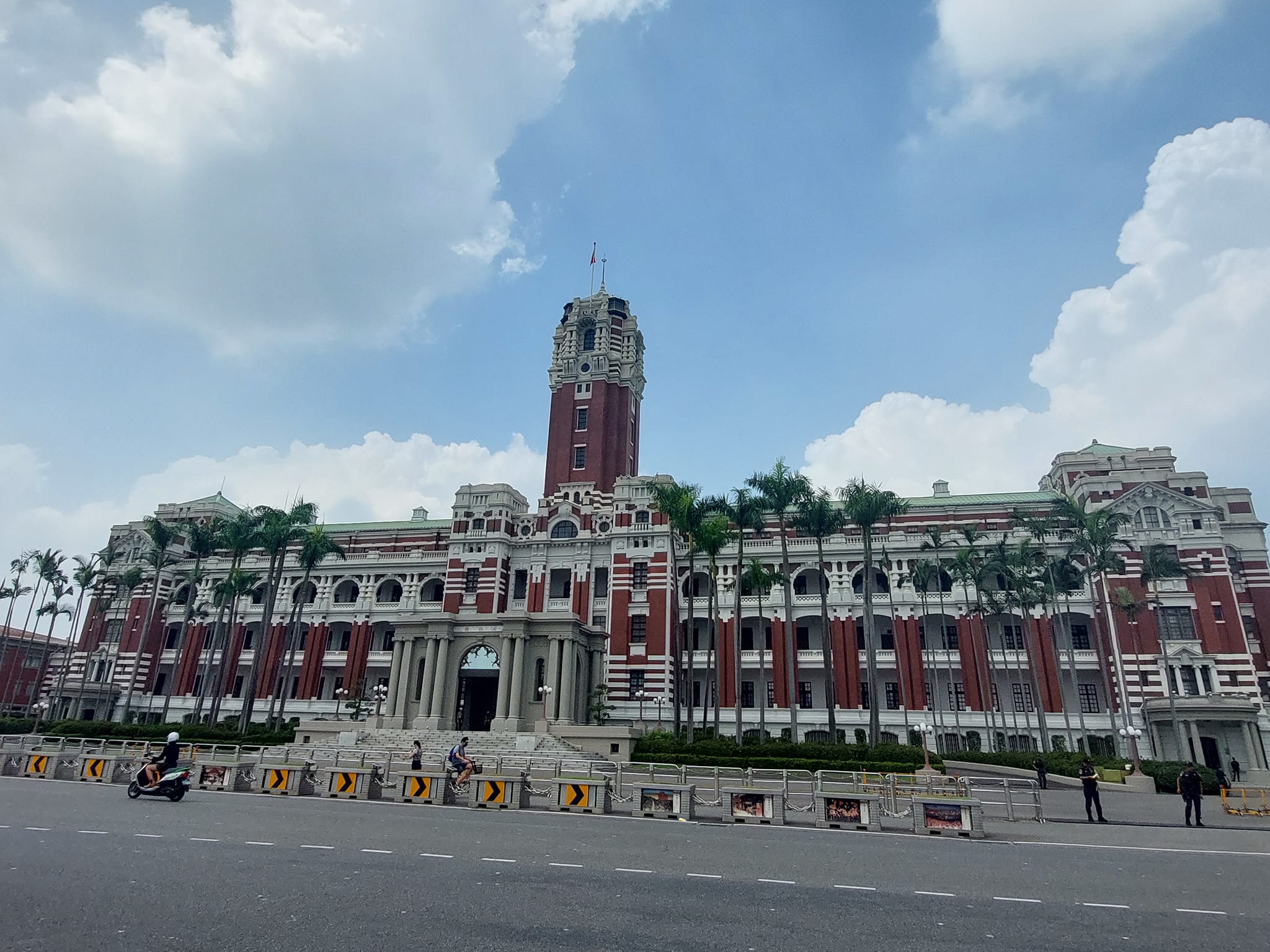
As Two Go Blue, Will Green be the Tertius Gaudens of Taiwan’s 2024 Elections?

In May 2023, I wrote on the arduous quest of the Chinese Nationalist Party (KMT) to “unite the pan-Blue camp and all non-Green forces” during the contentious presidential primaries for the 2024 general elections in Taiwan. As expected, Hou Yu-ih ultimately came out on top, and his opponent, Terry Gou, resisted by opting for an independent run, splitting the Blue vote until he dramatically abandoned his efforts in November. The Democratic Progressive Party (DPP)’s Lai Ching-te, meanwhile, has faced little opposition in the Green camp to his presidential aspirations.
What then transpired in November went completely beyond general expectations. While a desponded Gou could have been expected to go independent or join forces with Ko Wen-je, the former mayor of Taipei (2014–2022) and founder of the third force, “white” Taiwan People’s Party, an outright electoral pact between Hou and Ko seemed out of the question. The idea that Ko, who in the past has been perceived as greener than even the DPP as he, for instance, mingled with student protestors during the 2014 Sunflower Movement and later stumped for deep Green rockstar Freddy Lim, would join forces with the KMT representative of the establishment he claimed to loathe, seemed a contradiction in terms.
The fact that it was former KMT president Ma Ying-jeou (2008–2016), targeted by the Ko-supported Sunflower protestors in 2014 over pro-Chinese policy initiatives and his untransparent negotiation style, who momentarily brokered a deal between Ko and Hou, seems emblematic of Ko’s Blue turn. While the deal fell apart and culminated in a public spat at the Grand Hyatt Taipei after disagreements over the margin of error of the presidential polls deciding who would be president and who would be vice, a brief reflection on Ko’s mystifying Blue turn seems warranted.
The rest of this article can be found in Taiwan Insight, the online magazine of the Taiwan Research Hub of the University of Nottingham.
(Photo credit: Jasper Roctus)